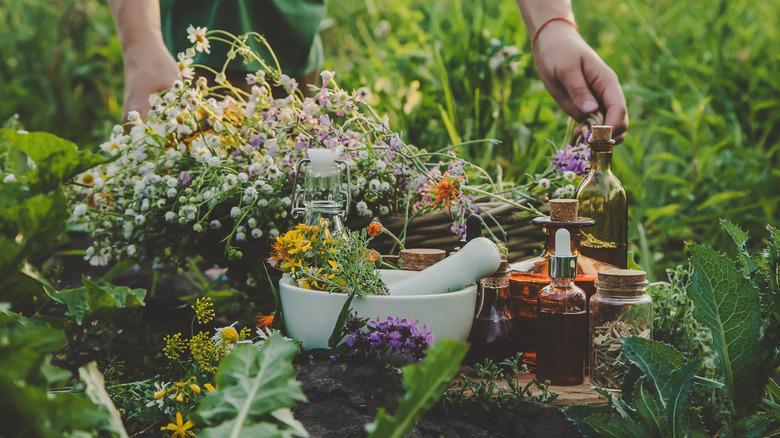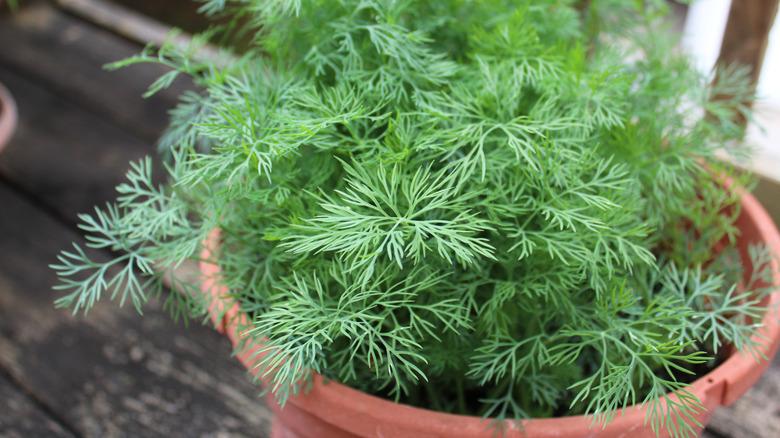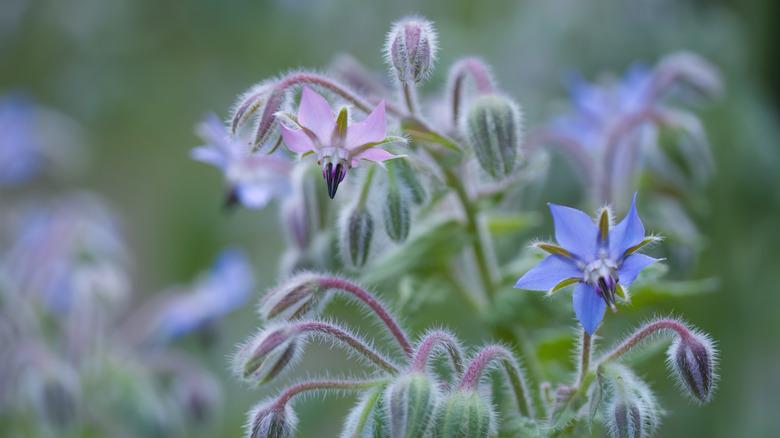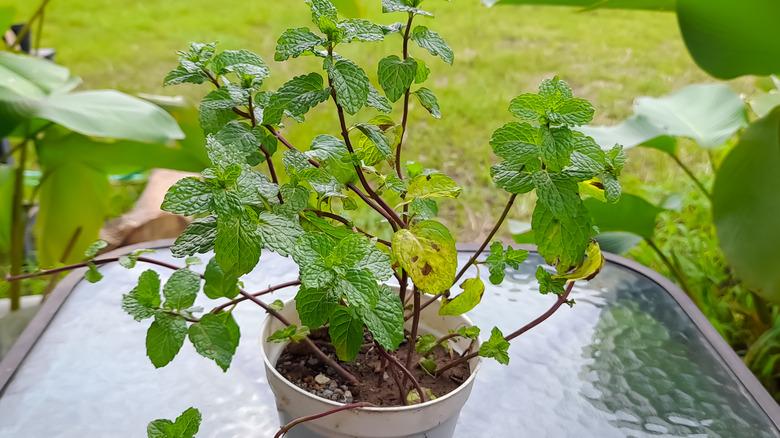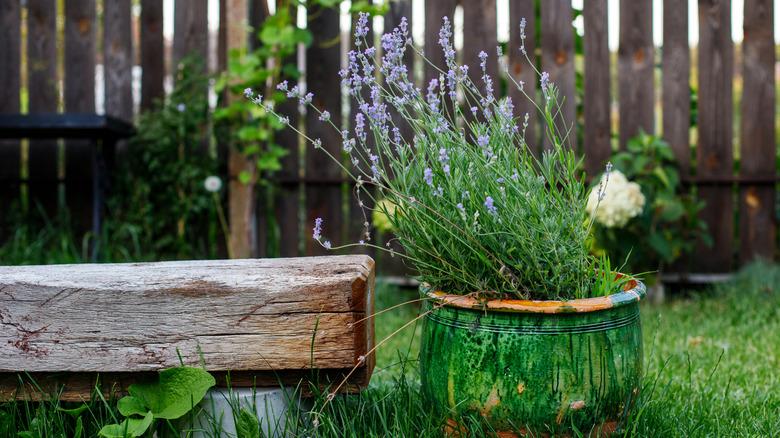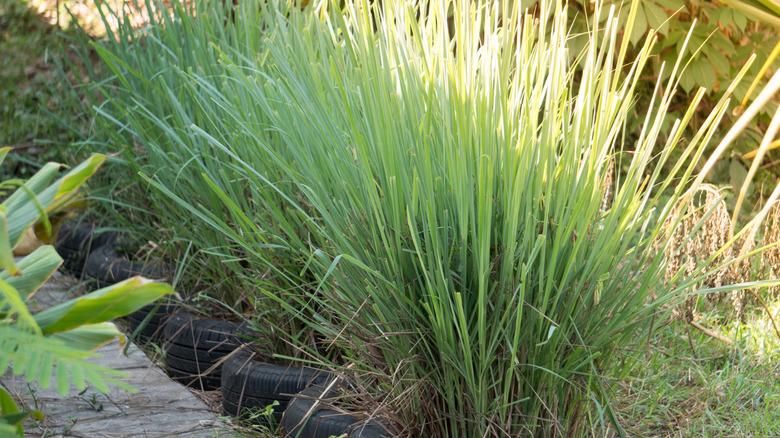10 Herbs That Won't Grow Well Near Each Other
Sooner or later, most gardeners discover that not every plant does well around other plants, and herbs are no exception. Herbs are often grown for their aromatic oils, and some of those oils can inhibit the growth of other plants. Some herbs require more sun than others, different types of soil, different levels of moisture, and different levels of acidity. Large plants can shade out smaller, lower-growing herbs; fast-growing herbs can take over an entire herb garden. If you're new to gardening or planting herbs for the first time, knowing which herbs grow well with others and which ones don't is one of those essential things you'll need to know before you start planting.
Making sure your herb pairings are effective just takes a bit of planning. Consider where you want to place your herbs, to choose varieties that will all thrive in the daily light (or shade) offered by that location. Take soil samples to determine your soil's pH. If you're concerned that the soil won't be right for some of your plants, you can plant them in pots with different soil types. Most herbs fare best in full sun and prefer relatively neutral, well-draining, loamy soil, but enough exceptions exist to make planning ahead worth it. But, before you get ahead of yourself, here are some pairings that are really difficult to make work and are best avoided.
Don't plant dill with thyme
Tall-growing dill (Anethum graveolens) can shade out your thyme (Thymus vulgaris) creeping along the ground. Thyme loves full sun and doesn't even mind drying out a bit, so it will not thrive in the shade of a larger plant. Dill also prefers consistently moist, acidic to neutral soil rich in organic matter, while thyme prefers alkaline to neutral soil. Dill is an annual hardy in zones 2 to 11 that grows in full sun and tolerates part shade, while thyme is a perennial in zones 5 to 9 that needs full sun. Thyme likes to spread out and contains essential oils which can sometimes inhibit the growth of nearby plants.
Don't plant basil with borage
Basil (Ocimum basilicum) likes to be in consistently moist, well-draining soil, so don't plant it with herbs that like to be occasionally dry, including borage (Borago officinalis). The watering requirements for basil and borage are quite different (basil prefers to be moist, while borage likes to dry out). So, planting them side-by-side in the ground might make upkeep tricky. Plant both of them in full sun or part shade, but in separate pots or different areas of the garden.
Don't plant fennel with mint
There are many reasons to keep these two plants apart. They both have a strong scent that might not smell very nice to humans (or potentially to pollinators) when combined. Mint (Mentha spicata) is an aggressive grower and can out-compete fennel for space. While fennel (Foeniculum vulgare) has allelopathic properties to which mint is particularly susceptible. Sadly, it's best to keep these two apart.
Don't plant lavender with parsley
Lavender (Lavandula angustifolia) is a drought-tolerant plant that can develop root rot from over-watering, and might not even mind sandy soil. Meanwhile, parsley (Petroselinum crispum) prefers soil that's consistently moist. Although it's tempting to have both of these common herbs in your garden, they simply don't agree on what kind of soil is best, so trying to care for them in the same garden bed is near impossible.
Don't plant lemongrass with lemon balm
Though these two plants have similar names, they thrive in different conditions. Lemongrass (Cymbopogon citratus) likes soil that's rich in organic matter but that's consistently moist with good drainage. Lemon balm (Melissa officinalis), by contrast, is more drought-tolerant and can handle occasionally dry soil that is low in nutrients. Both are perennials that prefer full sun and can handle part shade, but they will not do well in the same type of soil. Plus, lemon balm can be a vigorous grower that will take over its neighbors. If you want both of these in your garden, try planting them in pots or containers with different soil.
